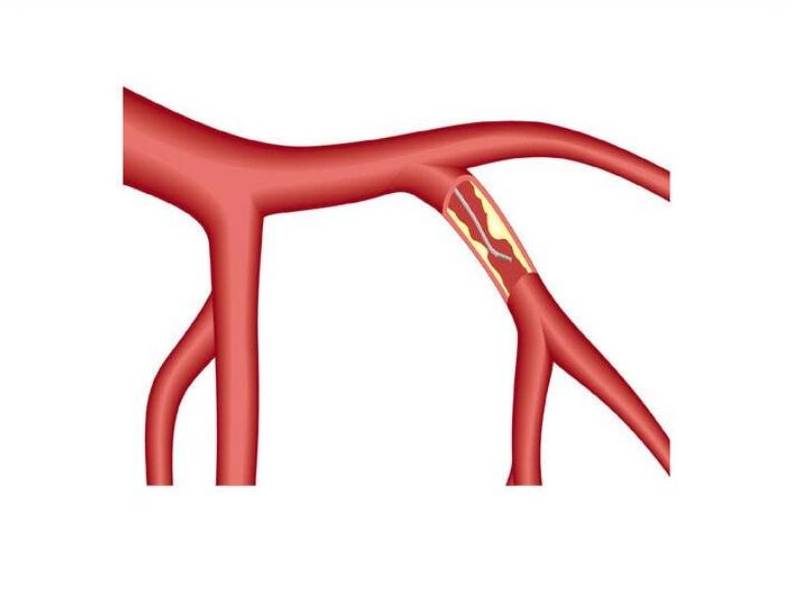Fractional flow reserve (FFR) measurement involves determining the ratio between the maximum achievable blood flow in a diseased coronary artery and the theoretical maximum flow in a normal coronary artery. An FFR of 1.0 is widely accepted as normal. An FFR lower than 0.75-0.80 is generally considered to be associated with myocardial ischemia.
Indications for Fractional flow reserve (FFR) measurement are as follows:

The arteries of the heart (coronary arteries) deliver oxygen-rich blood to your heart muscle. If a coronary artery becomes partially blocked, it can decrease oxygen supply to areas of the heart muscle. This can result in a heart attack.
However, not every partially blocked artery causes reduced oxygen to the heart tissue. Fractional Flow Reserve (FFR) testing helps your doctor determine whether your blockage needs immediate treatment or if it can be carefully monitored for a while. Dr. Kartik Bhosale may recommend FFR if you are experiencing chest pain, which can be a sign that your heart is not getting enough oxygen. Usually, Dr. Kartik Bhosale combines FFR testing with cardiac catheterization. This lets your doctor see the inside of your coronary arteries to look for blockages.
Dr. Kartik Bhosale provides the best treatment for various heart diseases in Pimpri-Chinchwad and Pune. For more information about our comprehensive treatment options, or to request an appointment with the best cardiologist in Pune call +91 8420070081 / +91 8420070082 or Click on Book Appointment for online booking with your near hospital
WhatsApp us
